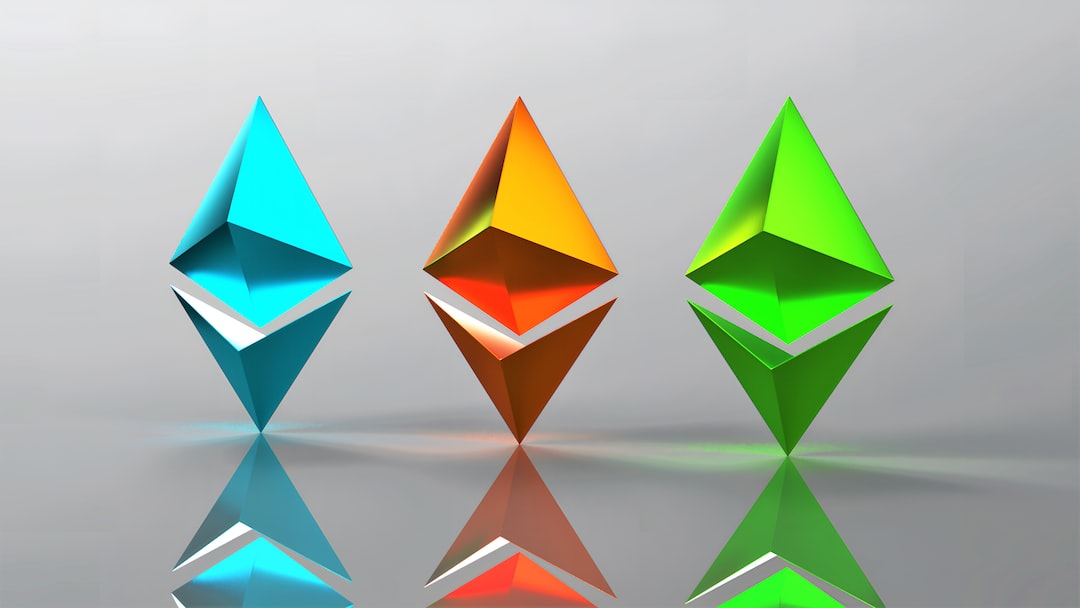The Requirements for Chain Validators and Stakers on dYdX
The dYdX Foundation, the non-profit organization behind the popular decentralized exchange DYDX, has announced several requirements for chain validators and stakers to ensure maximum user protection. Here are the key points:
1. Maximal Extractable Value (MEV): Chain validators should not engage in MEV activities or favor any trading parties over others. Bad actors engaging in MEV activities will be disincentivized and punished by the dYdX community.
2. Operations and Security: Validators should maintain high uptime, keep mempools consistent across the network, and avoid erratic behavior or misleading practices. They should also monitor their nodes’ performance to minimize slashing risk.
3. Performance: Validators should ensure their nodes are online and provide a better user experience for traders.
4. Transparency: Chain validators and stakers should engage with the dYdX community and provide accurate information about current developments. They should be transparent about their operations, including geographic location, redundancy, physical security, node performance, uptime, and rewards distribution.
5. Governance Participation: Validators should critically analyze governance proposals and support ideas that benefit the ecosystem. They should prioritize the best interests of the protocol.
The dYdX Foundation emphasizes the importance of these requirements to protect users and ensure a transparent and secure ecosystem. Validators and stakers play a vital role in maintaining the integrity of the dYdX platform.
Hot Take:
The requirements outlined by the dYdX Foundation for chain validators and stakers demonstrate their commitment to user protection, transparency, and governance participation. By setting clear expectations and guidelines, dYdX aims to foster a secure and fair decentralized exchange environment. Validators and stakers must adhere to these requirements to maintain the trust and confidence of the dYdX community.





 By
By
 By
By
 By
By
 By
By
 By
By
 By
By